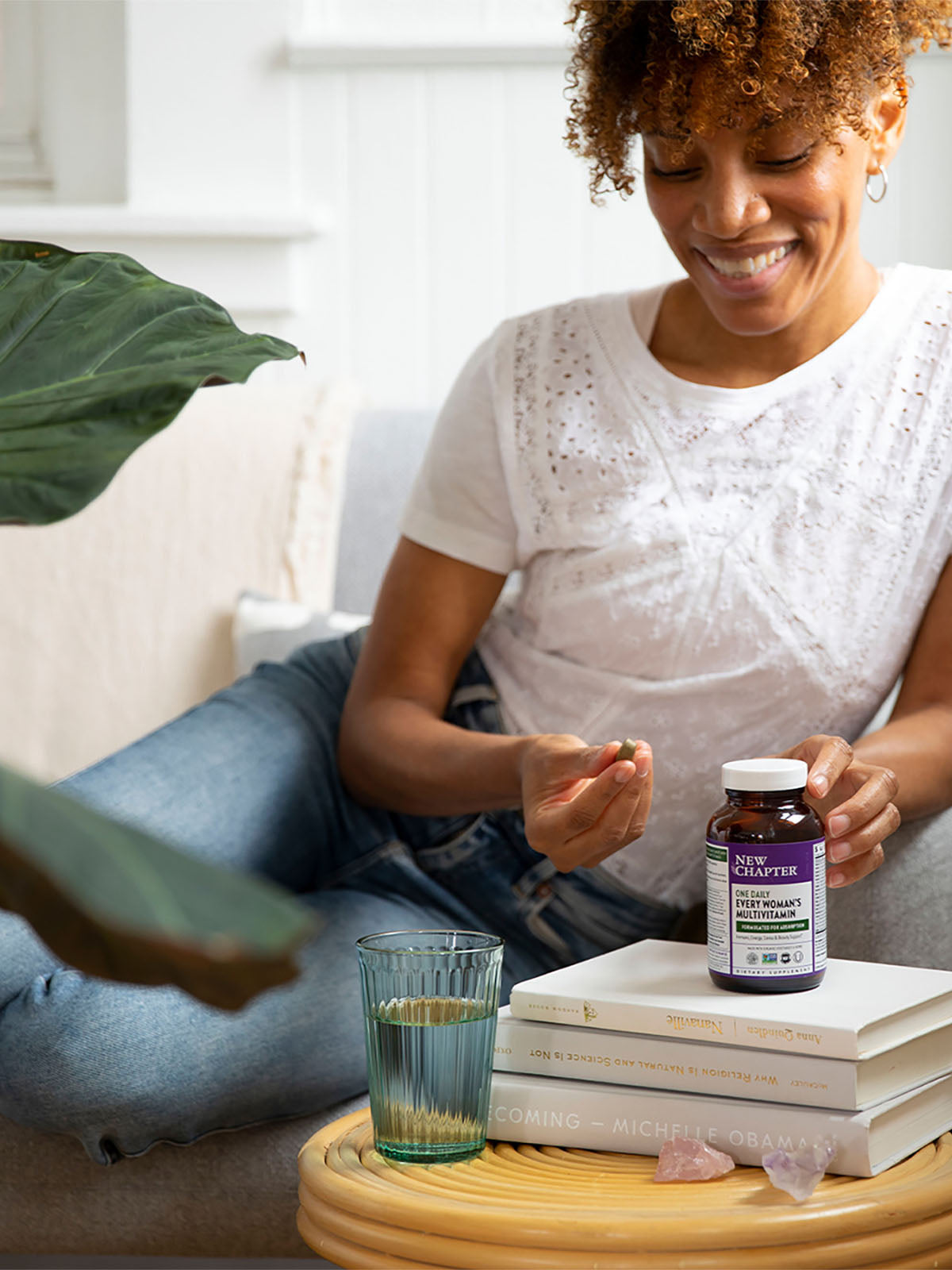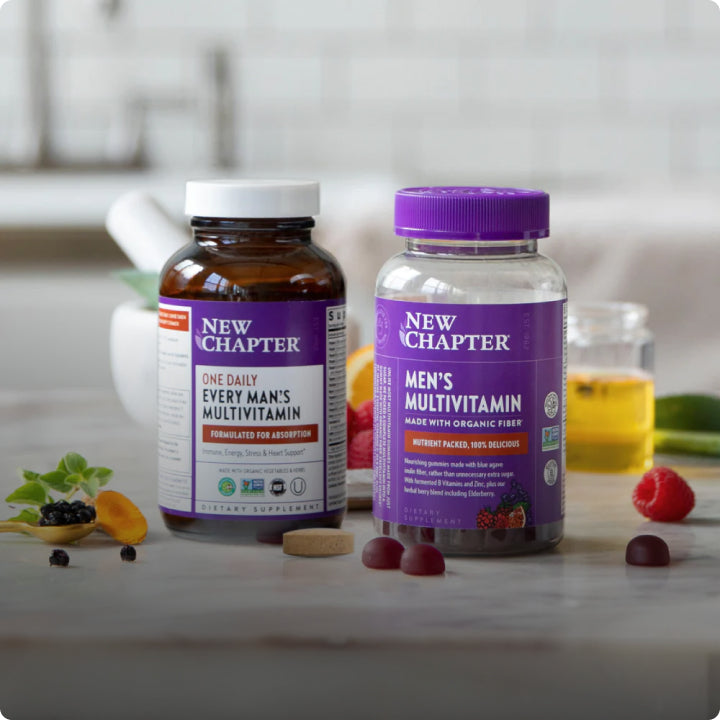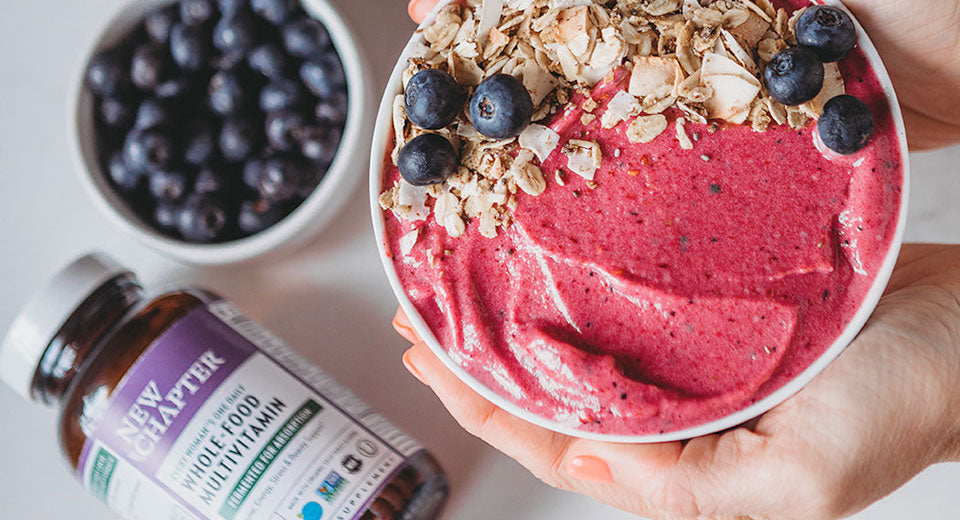Don’t you just love a green and blooming garden? The sweet taste of tomatoes right off the vine. The pride of greens that are 100% locally grown by YOU. The peaceful delight of flowers blooming from early spring through late summer. It just can’t be beat. Lucky for us, gardening activities not only provide yummy fruits and vegetables and beautiful blossoms, they are absolutely, positively beneficial to our health!
Studies show that gardeners enjoy increased positive physical and mental health.
Gardeners also have improved quality of life, an increased sense of community, and even increased brain function. Let’s dive in and check out the impressive health benefits of gardening.
1. Gardening is a stress-buster

Being in nature helps you reduce stress and boost your mood! Whether you’re cultivating a container garden on your balcony, tending a sweet patch in your yard, or visiting a community gardening plot, you are reaping personal benefits for sure. Studies show that time spent gardening:
- Decreases the stress hormone cortisol and thereby lowers heart rate
- Improves mental health, increasing experiences of happiness and satisfaction
- Reduces blood pressure
2. Gardening is the antidote to screen time.
Non-stop screen time is super-exhausting for the brain, eyes, and body. It leads to feeling tired ALL. THE. TIME. Dizzy and lethargic from too many virtual meetings? Officially, that’s “attention fatigue.” The brain’s tired, so take it outside! Your garden is the perfect place to unplug.
- Studies show that spending time outdoors amps up creativity, productivity, and focus. So check out your kale, water the onions and radishes, cut a few zinnias (it helps them bloom more!) and tah-dah!—you are “cognitively restored.” That means refreshed and rejuvenated.
- Also support your screen-free mental health by going for a walk—which improves short-term memory all by itself. Leave your device at home or at least in your back pocket to avoid the temptation of screen time. Give it a rest!
3. Gardening is a great hobby—and it’s easy.

Hobbies help you stay present and focused—like entering a state of flow. This is super for mind and spirit. And if you’re not a gardener now, it’s one of the easiest hobbies to pick up. Here are some tips on gardening for beginners:
- Gather together a few basic tools.
- Trowel or hand-rake
- Lightweight basket with handles—for small tasks like carrying compost or weeds
- A protective hat and gardening gloves that fit well
- For a larger plot you can also get a pitch fork or shovel—to loosen the soil around those weeds (makes them tons easier to pull out)
- Spend 15 to 20 minutes a day outside creating your garden. Consider doing this in the morning or early evening when it’s cooler.
- Go slow and steady. You might be tempted try to do all your gardening one day a week, but it’s hard to maintain that pace…. and gardens change constantly. Instead, try to spend a little time each day. And if you have to skip a day now and then, it’s no biggie.
- Eventually, experiment with taking 30 minutes here and an hour there throughout the week to enhance your enjoyment.
4. Gardening is meditation.

Weeding, digging, and watering is meditative? Why, yes it is! Gardening is not just a chance to get away from it all. Try using it as part of a personal practice to build resilience and tranquility. Also known as mindful movement, studies show that paying attention to your body while you do a simple action brings about a noticeable decrease in negative thoughts. Try this out:
- Take a deep breath.
- Slow down and notice sensations in your body as you garden.
- What do you notice?
This simple exercise elicits a greater sense of calm. And it’s a lovely alternative to always trying to get as much done as possible—in the garden or otherwise.
5. Gardening can be healthcare.
Studies show that gardening reduces stress, anxiety, fatigue, and depression. So definitely add it to your self-care list! Community gardens can also be a place to interact with others and feel the benefits of being with friends.
In addition, there’s a type of care called horticultural therapy that is a proven cost-effective health intervention. For example, people with mental health challenges can significantly benefit from gardening and from working together in therapeutic gardens.
6. Gardening is nutritious.

You already know that organic gardening is good for people and the planet. Going organic (such as avoiding synthetic fertilizers and pesticides) encourages healthier eating by producing more nutritious fruits and vegetables, and it benefits Mother Earth.
- Rodale Institute studies show that organic food tends to be more nutrient dense, and higher in proteins and vitamins. You can even use regenerative gardening practices to further increase the nutritional value of your garden produce. (It’s pretty easy!)
- Your vegetable garden helps reduce carbon emissions, which is healthy for your community and the whole world! You can feel good about converting some of your lawn or patio into a “carbon-sucking” mini-farm. Take climate change reversal into your own hands!
7. Gardening is good exercise.

Wait, gardening counts as physical activity? Yup! It’s right there in the Physical Activity Guidelines for Americans. For adults, it’s recommended to get 30 minutes of physical activity a day—and this could include gardening. What’s the payoff? Adult health benefits associated with regular physical activity include:
- Improved sleep and overall improved quality of life
- Lower risk of heart disease, type 2 diabetes, some cancers, and cholesterol issues
- Improved weight management
- Improved bone health
- Lower risk of falls (for older adults)
While you’re taking great care of your body, add New Chapter’s
One Daily Multivitamins or 100% delicious vitamin gummies to your healthy routine. They’re formulated for absorption and deliver nutrition crafted for your specific needs—active, 40+, or 55+. Get energy, immune, and stress support on a convenient daily serving that’s packed with nutrients your body needs.* Might be even easier than picking a homegrown tomato!






